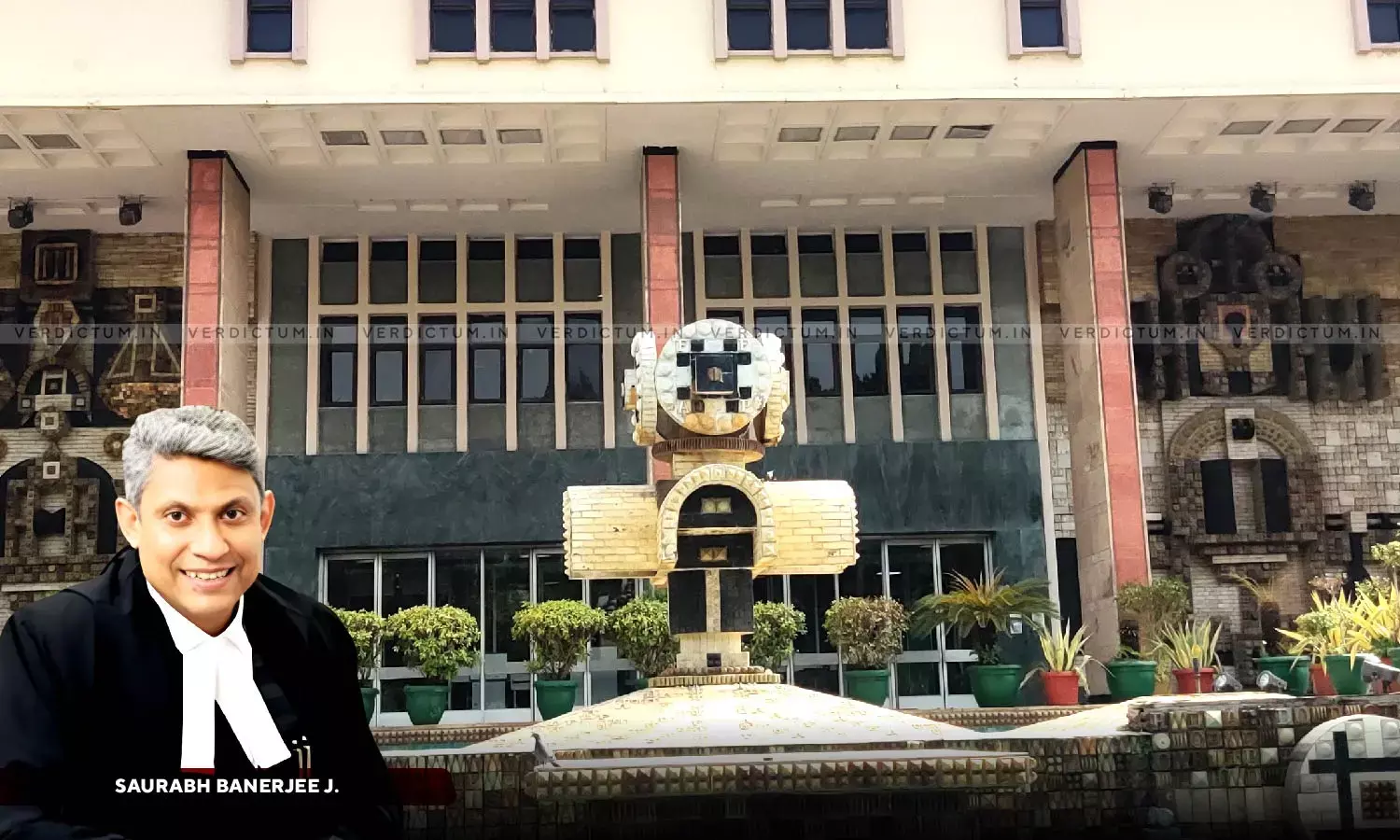Delhi High Court: 20 Percent Deposit Not Mandatory For Filing Appeals In Cheque Bounce Cases
The petitioner, convicted in a cheque bounce case and required by the Sessions Court to deposit 20 percent of the compensation amount for his appeal, sought to waive this condition, but his request was denied, prompting him to approach the High Court.

The Delhi High Court ruled that in cheque bounce cases, it is not mandatory to deposit 20 percent of the disputed amount under Section 148 of the Negotiable Instruments Act as a condition to file appeals.
The High Court was hearing a petition which sought to quash the orders of the Sessions Court that dismissed his request to waive the 20 percent deposit requirement as a condition for filing an appeal in a cheque bounce case. Petitioner had taken a loan that was repaid through two cheques. However, the cheques were dishonoured due to insufficient funds in his bank account, leading to two separate complaints by the lenders before the Magistrate. The Magistrate convicted him based on these complaints.
When he appealed the conviction, the Sessions Court suspended the sentencing order but required him to deposit 20 percent of the compensation amount in each case. He sought to waive this condition, but his request was dismissed by the Sessions Court, prompting him to move the High Court for relief.
A Bench of Justice Saurabh Banerjee clarified that the 20 percent deposit requirement under Section 148 of the Negotiable Instruments Act is not a compulsory mandate. Instead, the decision to impose such a deposit is at the discretion of the appellate court. The Court said, “Any order of deposit by the appellate Court (like the learned ASJ herein) is not compulsory and/ or mandatory and is thus, open to exercise of discretion and relaxation in exceptional cases, as and when the need arises.”
The Court added, “Such an order asking an appellant (like the petitioner herein) to deposit 20% of the fine or compensation awarded by the learned MM in a complaint under Section 138 of the NI Act, passed by the appellate Court (like the learned ASJ herein) while dealing with an appeal under Section 148 of the NI Act, has to reflect due application of mind as it ought not to be passed mechanically.”
The Court highlighted that factors like the nature of the transaction, the relationship between the parties, the quantum of the amount involved, the financial capacity of the parties, and whether the deposit requirement would hinder the appellant’s right to appeal should be considered before mandating a deposit.
The High Court stated that the mere fact that he had been found guilty under the Negotiable Instruments Act was not sufficient justification for mandating the deposit. The Court clarified that such a requirement could not be imposed without considering the factors laid down by law, and the presumption of guilt or the fact of a conviction alone could not justify the 20 percent deposit requirement.
The further observed that the mandatory deposit would amount to prejudging the appeal, as it would require the appellant to pay a substantial sum before the appeal is even heard, which could be seen as an unfair precondition. The Court concluded that the requirement to deposit 20 percent of the compensation amount could not be imposed without taking into account the appellant's right to a fair hearing and the specific facts of the case.
The High Court set aside the Sessions Court's orders that mandated the 20 percent deposit. The Court remanded the matter back to the Sessions Court for a fresh hearing, with instructions to consider the waiver application based on the relevant factors. Additionally, the High Court stayed the operation of the Magistrate’s order, which had convicted petitioner, until the Sessions Court decides on his request for a waiver of the deposit requirement.
Cause Title: Anuj Ahuja v. Sumitra Mittal & Anr., [2025:DHC:1687]
Appearance:
Petitioner: Dr. Amit George, along with Advocates Ananya Sikri, Medhavi Bhatia, Ibansara Syiemlieh, Dushyant K Kaul, and Rupam Jha
Respondents: Advocates FK Jha and Gaurav Jha
Anuj Ahuja v. Sumitra Mittal & Anr., [2025:DHC:1687]


